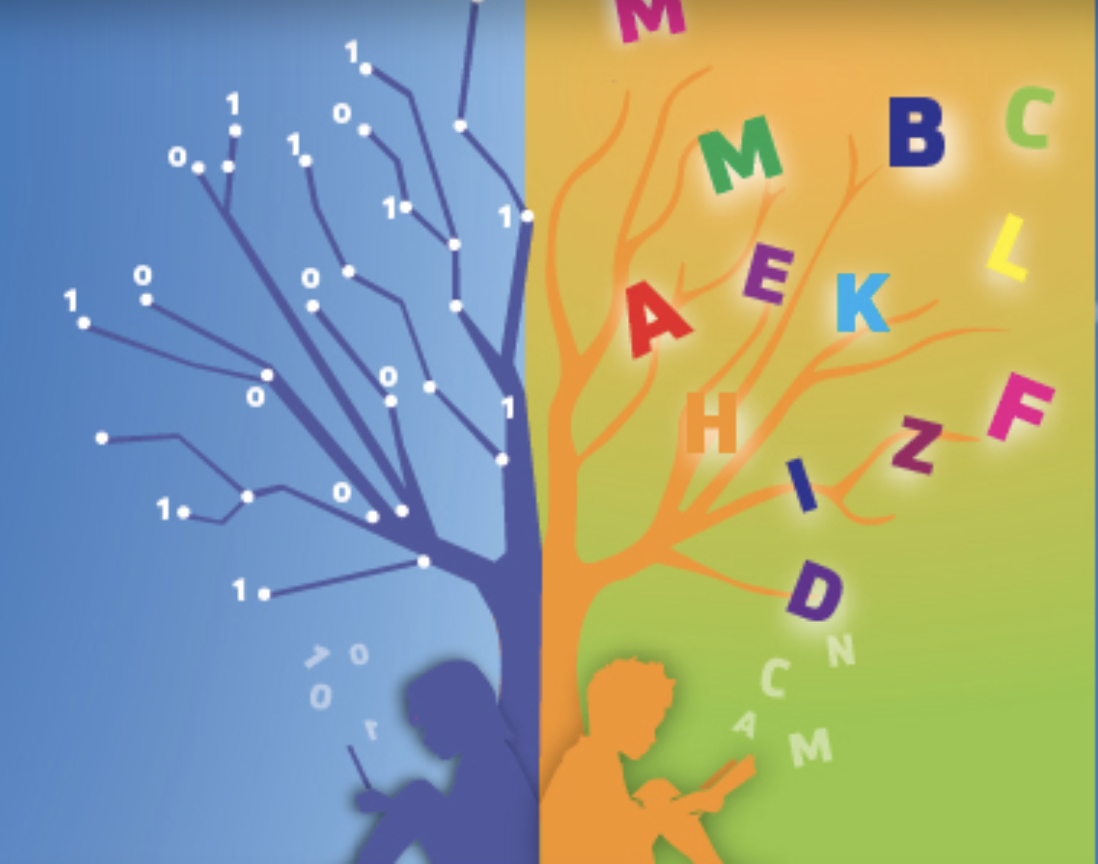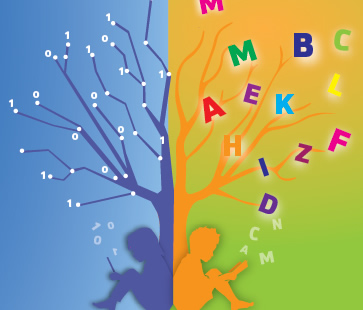 THE CATHOLIC UNIVERSITY OF CROATIA
THE CATHOLIC UNIVERSITY OF CROATIA
DEPARTMENT OF COMMUNICATION SCIENCES
is organizing an international interdisciplinary scientific conference
READERS AND READING
IN THE DIGITAL AGE
November 11, 2021 
The development of modern media has influenced not only the traditionally understood reading culture but also the communication processes and the psychology of readers. With the emergence of new short forms, structures and communication channels, from various portals to Facebook, YouTube, Twitter and other modern forms of communication, reading physically tangible texts is becoming a feature of only a small group of people who still find traditional written texts to be sources of information, pleasure, imagination, an escape from reality, humanization, and in certain reading strategies there is also a therapeutic dimension. The young modern reader accustomed to receiving and transmitting information quickly finds it increasingly difficult to cope with the traditional notion of reading and reading culture, which is directly reflected in the forms of teaching and teaching strategies, especially in the social sciences and humanities where they still nurture traditional methods of approaching text. We are aware that in this era of accelerated digitalization, it is necessary to constantly raise awareness of the importance of in-depth and critical reading, especially of media texts. Our goal is to bring together leading experts from Croatia and abroad – communicologists, psychologists, neurologists, media literacy experts, rehabilitation educators, teachers of various professions and fields that deal with reading and face many challenges related to reading – and approach the phenomenon of reading from different perspectives.
We believe that in the Year of Reading, proclaimed by the Government of the Republic of Croatia at the suggestion of the Ministry of Culture and Media, this international interdisciplinary scientific conference will contribute to the promotion of reading and answer many questions we face which are associated in various ways with reading habits and culture.
Improving Reading Comprehension by Using Media Literacy Activities
By Renee Hobbs
Some literacy educators still hold to the idea that audiovisual media and digital technologies are the enemies of print culture, but a growing number of educators are exploring the synergistic relationship between different forms of reading that occur when the concept of text is expanded to include images, graphic design, multimodality, moving image media, and online content. At home, parents cultivate children's understanding of story structure by engaging in activities that involve children's re-telling of books, cartoons, games, and short films. They pause children's videos to ask questions, comment on action and predict what will happen next. Such practices cultivate viewing as a cognitively active process, a concept that was first articulated in the 1970s but continues to be more deeply appreciated with the rise of YouTube culture, where the distinction between authors and audiences is diminished. During the elementary grades, teachers use media literacy competencies when reading children's picturebooks, calling attention to when the words of a story and the image of the story conflict or deliver different messages. Active "reading" of picture books is a practice that foregrounds the meaning-making process and elevates reading comprehension beyond mere decoding. When educators reframe their work with youth as less about passing high-stakes tests and more about learning to navigate the multiple literacy contexts in which they live, learn, and work, students' motivation for reading increases. For this reason, literacy specialists are exploring links between disciplinary literacy, inquiry, and media literacy. Media literacy instructional practices honor students' popular culture and lived experience, and offer opportunities for students to bring their affect, emotion, imagination, and social interaction into reading practices that examine and challenge cultural conventions like materialism and consumerism that are reproduced in media culture on a daily basis.